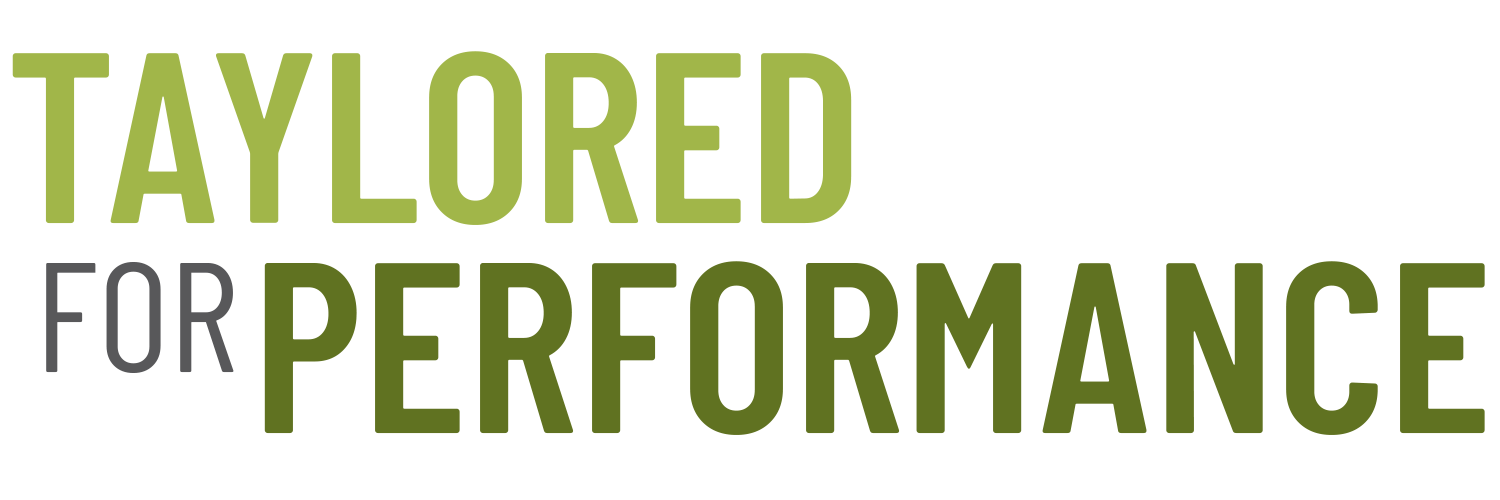Grocery Shopping When Items Are Limited
Grocery Shopping When Items Are Limited
I’ve been MIA on the blogs, but like everyone else I am lockdown at home and trying to stay healthy and sane during this pandemic. It’s hard to believe that going to the grocery store is now one of the very few excuses we have to leave the house. And when going to the grocery store several items are very limited or not available such as toilet paper, flour, rice, pasta and dried beans. Some might start to worry there is a food shortage, but no need to panic, according to the U.S. Food and Drug Administration (FDA) the food supply is plentiful, and items are in the process of being replenished. Even though you may not find all your grocery store needs here are some suggestions:
Choose shelf-stable foods
Dried or canned beans (black, garbanzo, kidney, white and pinto beans)
Peas (green, yellow or split peas)
Lentils
Canned vegetables with no added salt (rinse to get rid of extra sodium)
Dried or canned fruit in 100% fruit juice (without added sugar)
Whole grains (brown or wild rice, quinoa, oats, millet, whole-wheat pasta, cereal)
Canned or pouches of fish or chicken
Nuts, seeds, nut butters
Choose fresh fruits and vegetables as they are more likely available than frozen and probably cheaper. While fresh produce won’t last a long time, you can freeze them. Most vegetables should be blanched (briefly cooking in boiling water) before freezing, except onions and bell peppers. Fruit does not need to be blanched. Cut larger produce into pieces prior to freezing. Best options for storage: resealable freezer bags, plastic or glass containers with airtight lids.
Utilize your freezer to store produce, meats, poultry, seafood, bread, casseroles and soups.
Approximate months of storage at 0°F by National Center for Home Food Preservation
Fruits and Vegetables: 8-12
Poultry: 6-9
Beef: 3-4
Fish: 3-6
Cured or Processed Meat: 1-2
Bread: ~3
Utilizing your refrigerator, freezer and pantry to store foods will help food last longer and reduce food waste. For those concerned, there is no evidence of food or food packaging being associated with the transmission of the coronavirus, according to the FDA. It is important to still practice safe food handling such as washing fresh produce and cooking meat and animal products thoroughly.

